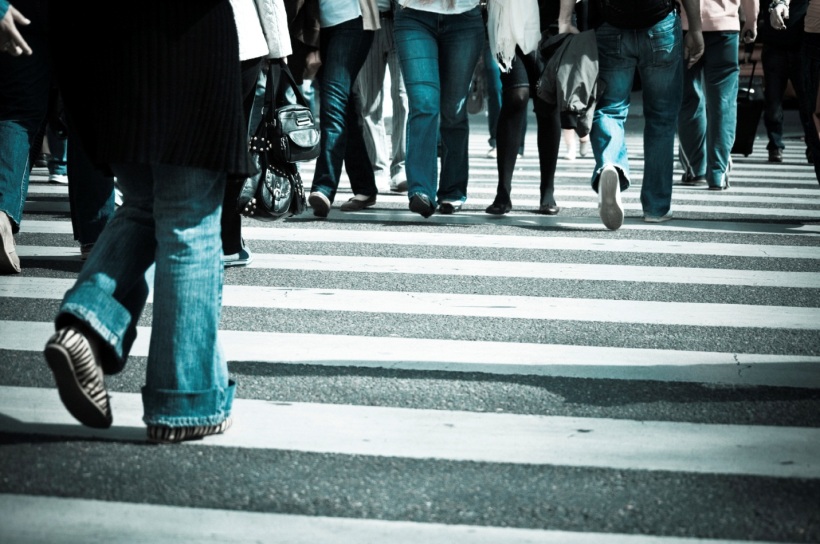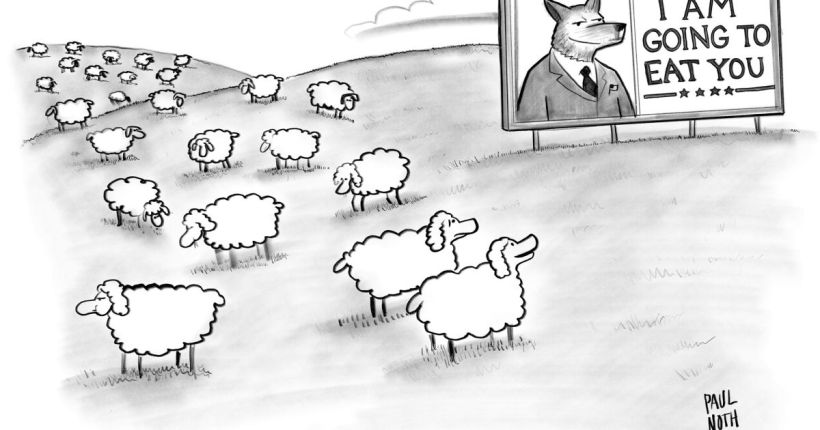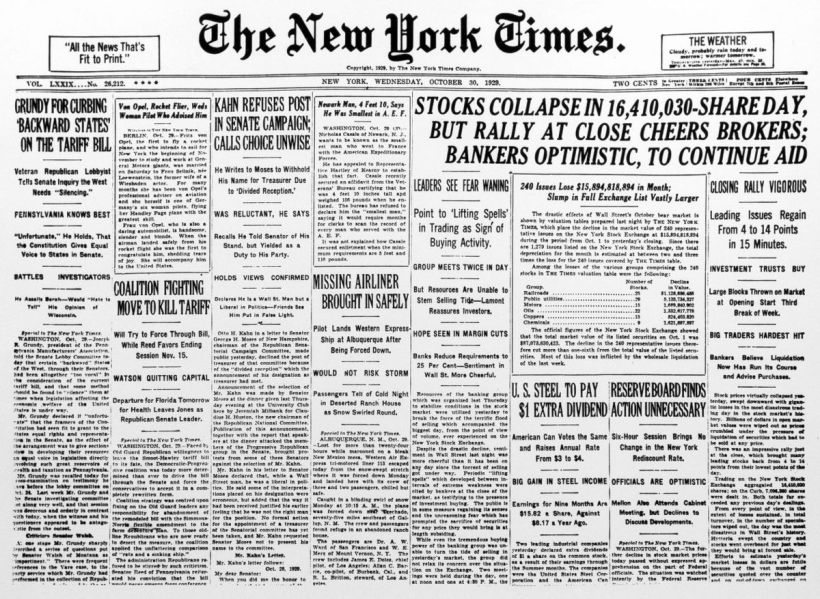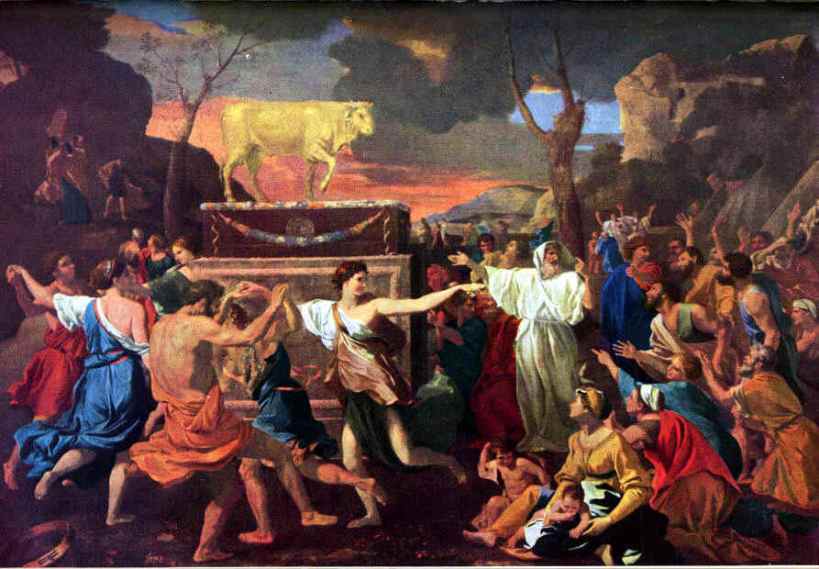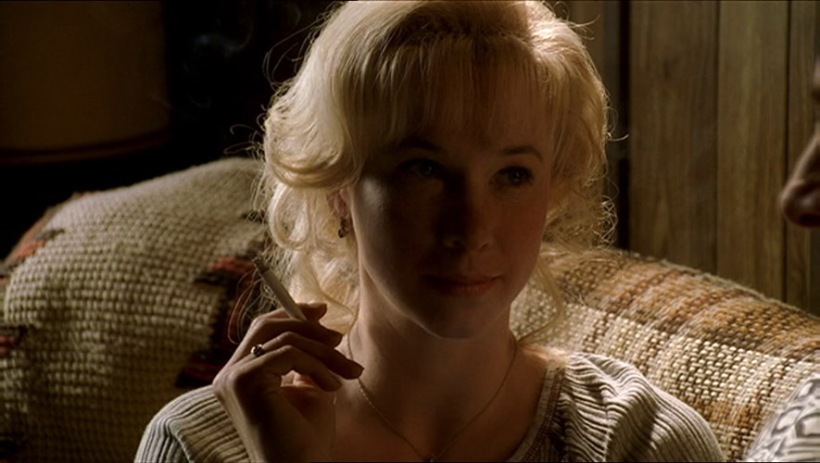Living without a car gives you an entirely new perspective on life.
I’ve heard it been told that in many cities, namely Chicago and New York, you can get around just fine by bus, subway or taxi but in Nashville it’s extremely different.
Everyone here has a car. Family of 6? You’ll probably see 6 cars in the driveway.
Between 11-1 P.M. and 4-6 P.M. traffic comes to almost a complete standstill because every square inch of pavement is covered by a car.
Ever since I lost my car (wrecked it, sad to say) I’ve been getting around by bus, uber and walking. It’s not bad but it is inconvenient and it is expensive. I find that because of my limited mobility I spend a lot more time at home or doing things in my immediate neighborhood. I also take a lot of walks and bike rides. In these ways, not having a car has been positive on my health and my ability to take enjoyment out of the smaller things in my life. But at the same time it’s made it a lot harder to see people far away from me or check out new places.
I enjoy my pedestrian life, honestly. But perhaps the most annoying albeit eye-opening part of my situation is the attitude people with cars have towards me. Numerous times I’ve almost been run over at crosswalks or just walking down the sides of residential roads. I’ve been yelled at, honked at, thrown trash at all for the sole reason of being a pedestrian. It’s not like I’m wearing clothing with things like “I’m a Nazi” written on them but I constantly feel like I have a bullseye on my back just for having to walk to get around. Sadly, it seems like not having a car devalues me as person to some people. Perhaps they think it’s because I’m lazy, or poor or some kind of degenerate who can’t afford to pay for a personal car like any decent self-reliant American should. Who knows what goes through these people’s minds but the fact remains being without a car/being a pedestrian carries some kind of prejudice or stigma with it. Just the other day an older neighbor of mind accosted me for taking a shortcut through her driveway to make it to the bus on time. I offered her a friendly “Good morning” as she stood in her garage, waiting for her Mercedes to warm up. Her response, “Are you aware this is a private driveway?” My desired response was, “No, I thought it was public,” but suppressing my smart-ass attitude for a moment I simply explained that it saved me precious minutes in catching the morning bus to work. She scowled and gruffly told me to “save myself some more time in the morning.” Translation: Go fuck yourself. She then continued to spend her easily expendable time waiting for her car to warm up.
In this interaction I did nothing to provoke or threaten the woman yet she still treated me with suspicion and hostility. Something tells me were I to drive a better car than her she might have treated me a little differently. But because I was there, walking to catch a bus to work, I was somehow untrustworthy, somehow beneath her. I can only imagine how she would treat a homeless person.
In conclusion, people can be judgmental bastards towards those with less privileges than themselves. If I’m to be treated differently simply for having no car imagine how awful it is for people who live without even the most basic necessities in this country despite their own concerted efforts to work and take care of themselves. Step out from behind your tinted windows and treat people with respect. Wouldn’t you want them to do the same to you?

